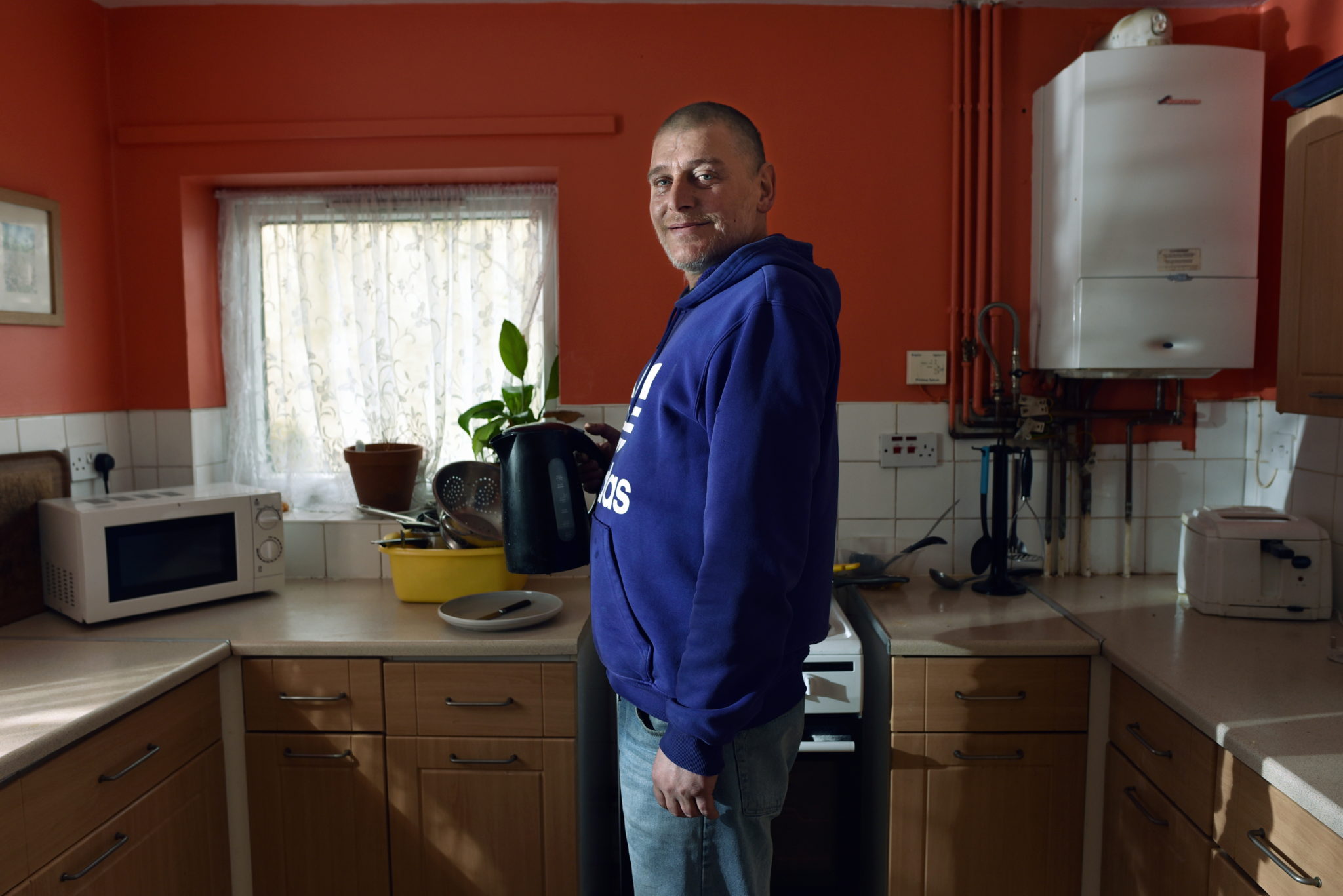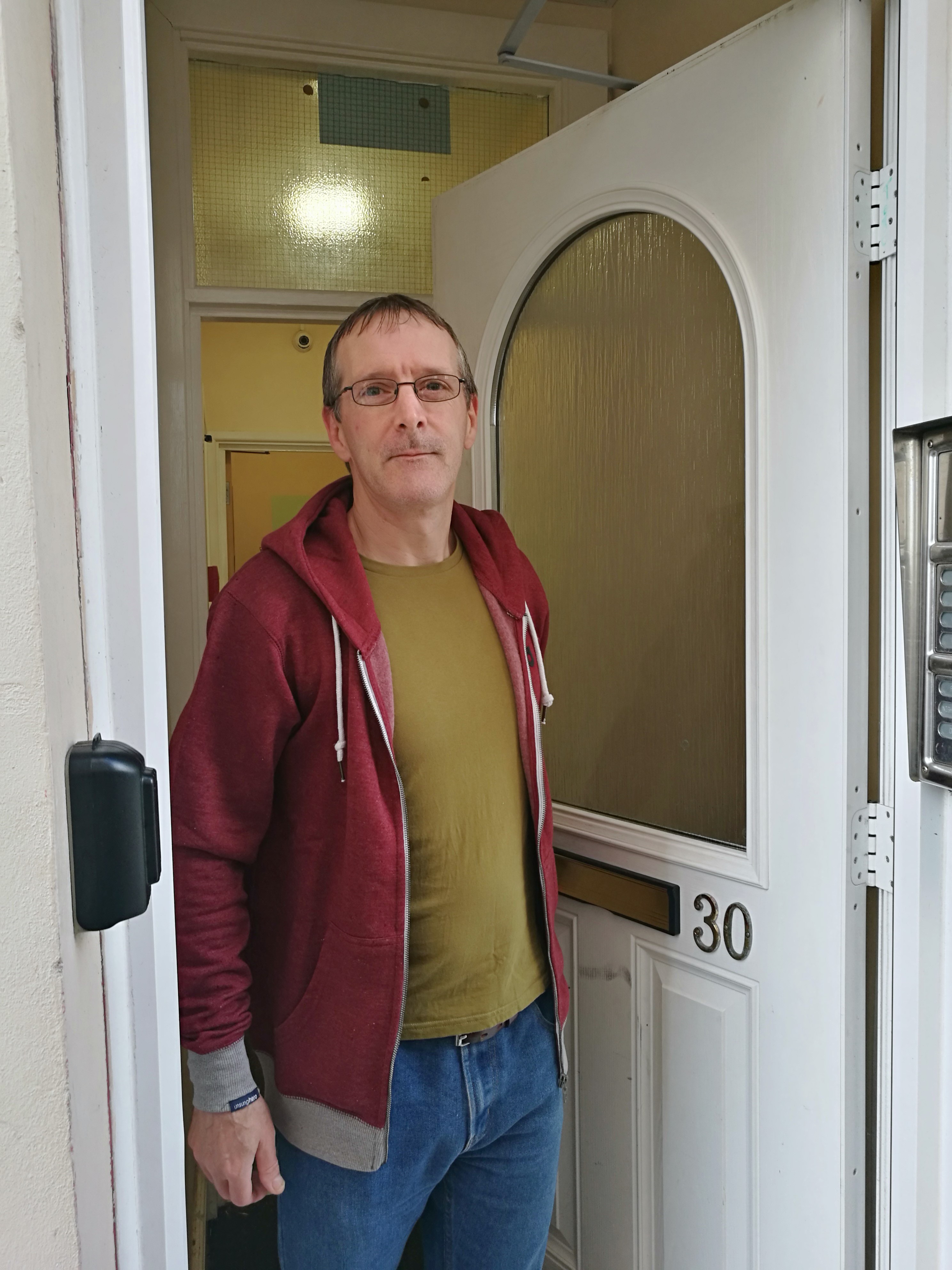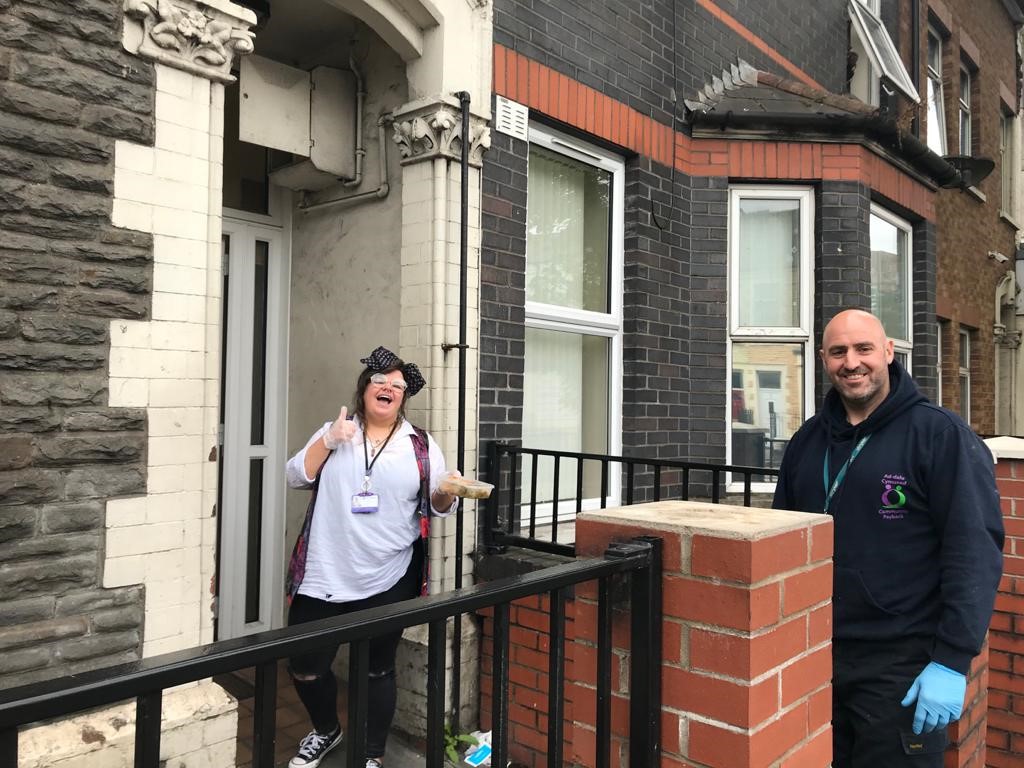
It is rare to see genuine agreement across all political parties, but in Wales we are lucky enough to be witnessing one such unique expression of cross-party consensus.
Our entire political class agrees that homelessness is an aberration that should have no place in a wealthy, modern democratic country, and that it must be ended.
Spokespeople from all the major parties would have no problem signing up to such a commitment, and what is more, with the publication of the final report of the Welsh Government’s Homelessness Action Group, there is a ready-made list of policy proposals based on the latest international evidence, ready to be implemented by the next administration.
But despite all this good fortune, we in the homelessness and housing support sector remain concerned. Without a commitment to follow through on this ground-breaking report, the promise of a Wales where homelessness is rare, brief, and non-repeated, cannot be realised.
Unless local government and their partners are empowered to revitalise housing support services, we will see a continuation of, and even an increase in chronic homelessness, which could be overlooked amongst the wider economic and social fallout of the global pandemic.
The reason this is so urgent, is because it feels like a once-in-a-generation opportunity may be slipping through our fingers.
At the start of the coronavirus crisis, Welsh Government and each of the 22 local authorities did a tremendous job in providing emergency accommodation for 2,266 people experiencing homelessness, including 407 people who, until April 2020, had been sleeping rough on the streets of Wales.
This was an unprecedented success. Our support workers saw people who had been living street-based lifestyles for years, coming inside for the first time, creating vital opportunities for engagement with professional support.
Whether for mental health, substance misuse, or a range of other complex needs, people were finally provided with a safe and secure base from which to imagine their future.
We are now approaching the one-year anniversary of this extraordinary effort. Despite tremendous success – more than 2,700 people moved into permanent accommodation between August and December – staff and service users are exhausted, and pressures only look to be increasing.
Many more households are presenting as homeless or at risk of homelessness than are successfully moving on at the other end of the system.
In December (at time of writing, the most recent data available), 545 individuals were successfully moved into permanent homes, but were replaced by 919 new referrals. This rate of growth will not be sustainable without significant further investment in staff and infrastructure.

There is, however, an alternative to this never-ending treadmill model. Rapid Rehousing was one of the key changes recommended by the Homelessness Action Group, and it has never been more needed.
Following the same principles as the widely-praised Housing First model, Rapid Rehousing means ending the staircase of temporary accommodation, and instead aims to move households straight into a safe and secure home as soon as they present to local services.
Unfortunately, even with the best will in the world, an emergency bed space in a hostel is not a home: it should only ever be used as a stopgap. It is with the stability of a permanent home that people can most successfully engage with support for their non-housing needs, including recovering from trauma or addiction.
Temporary accommodation, and the amazing, dedicated people that staff them, have made a huge difference to the thousands of residents who began to rebuild their lives during their stays. But in far too many cases, service users have been unable to move on to their own homes.
There is an undeniable lack of suitable housing, and temporary accommodation has stretched the word beyond any recognisable definition.
At The Wallich, we are rethinking how we will deliver our services in the future. It is clear to us that hostels with shared facilities and even floorspace, are not the best settings to support people experiencing homelessness.
For example, we are already working with commissioners in Carmarthenshire to reconfigure our services to a Rapid Rehousing model, and we will look to replicate this across Wales.
The challenge is therefore for the next Welsh Government to follow through on this consensus – across all political parties and all public and third sector organisations in the sector – that we can end homelessness in Wales.
£40m of additional funding for the Housing Support Grant in this year’s budget is a welcome start, but now local authority commissioners need to be empowered, and encouraged, to use this money to roll out Rapid Rehousing services.
Rapid Rehousing must work alongside increased provision of Housing First for those with the greatest needs, assertive outreach to help people living street-based lifestyles, and floating support to help households maintain tenancies.
Above all, governments need to work closely with house builders, housing associations, and private landlords, to rapidly build new affordable, social housing, and renovate existing underused properties, creating additional capacity to ease the pressure in the system.
The current Welsh Government met its target to build 20,000 new homes in this Senedd term, even despite the pandemic. The target for the next term should be even more ambitious.

There is a will, and there is a way. The Wallich, and the wider housing sector, stands ready to realise this ambition of a Wales where homelessness is rare, brief, and non-repeated.
Politicians in the next Senedd, and across all 22 local authorities, must seize this opportunity with both hands.